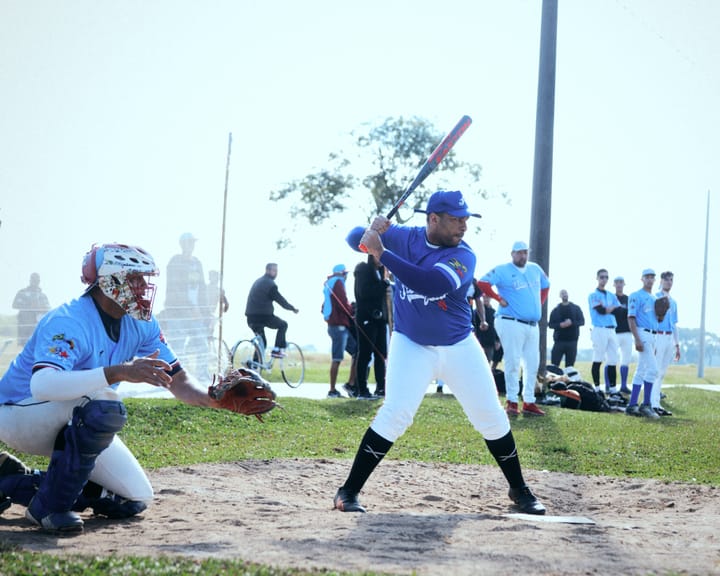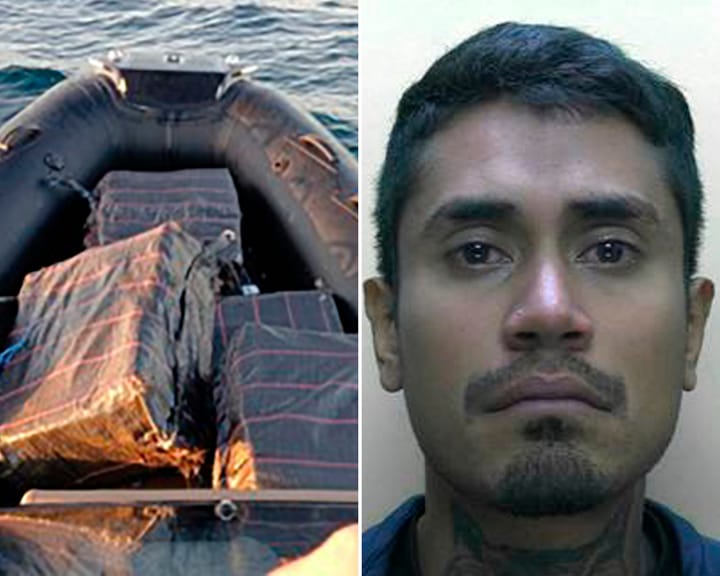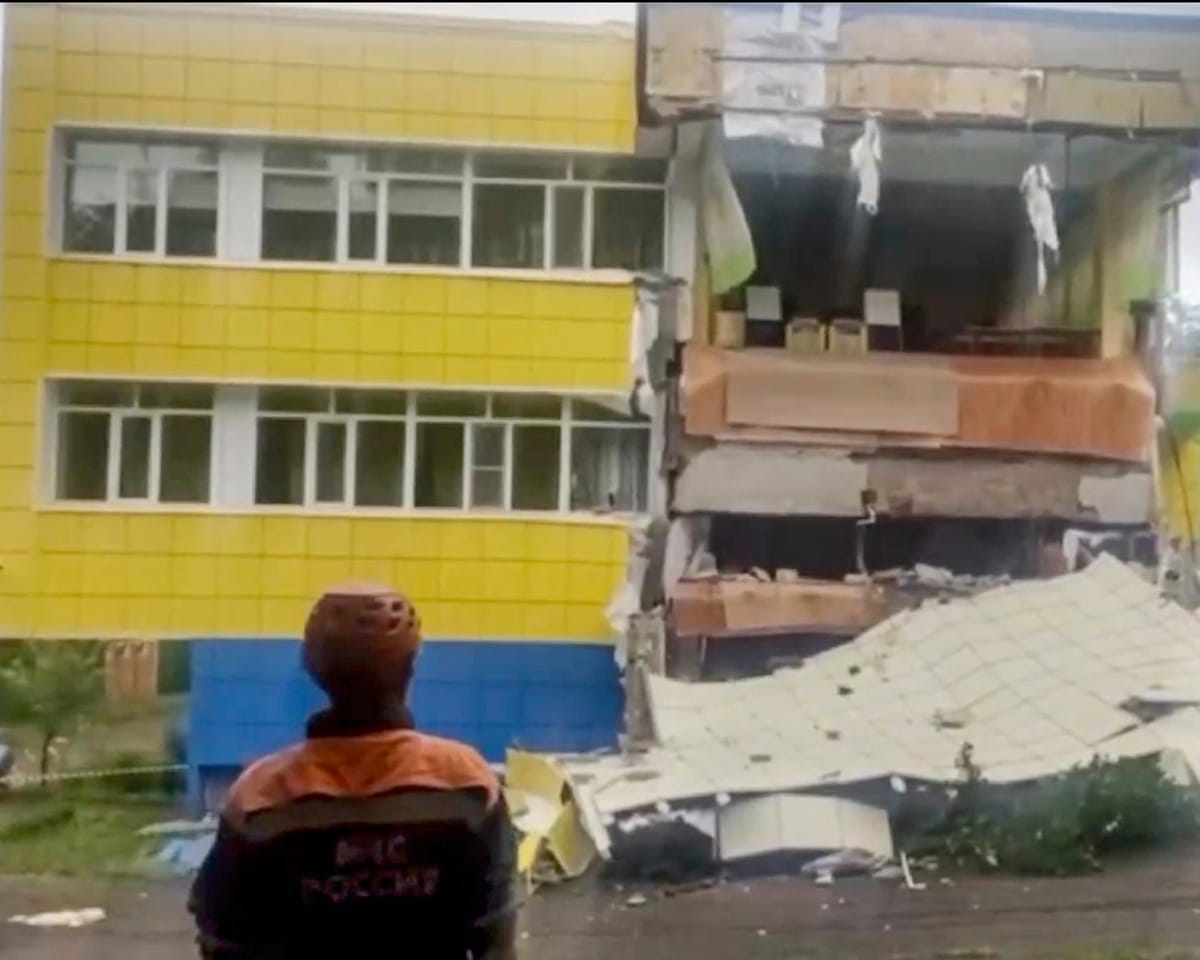Powerful Earthquake Strikes Remote Russian Region, Triggers Tsunami Alert
On Wednesday, a massive earthquake, one of the strongest ever recorded, struck a thinly populated area in far-eastern Russia. The quake generated a tsunami that spread rapidly across the ocean, prompting urgent warnings for coastal regions, including Japan, Hawaii, and the western United States.
Authorities reported minimal damage so far, largely due to an efficient international disaster response. More than three million people were promptly advised to evacuate.
The Pacific Tsunami Warning Centre (PTWC) in Hawaii played a key role in the rapid reaction. Established in 1949, the center has been tracking ocean-wide tsunami threats since the 1960s. Experts quickly assessed the earthquake's magnitude and depth, issuing an alert immediately. The system operated smoothly, likely preventing major loss of life, with evacuated residents now returning home.
However, such efforts could face challenges. The PTWC is managed by a U.S. government agency that has seen budget reductions in recent years.
The 8.8-magnitude quake originated near Russia’s Kamchatka Peninsula, where the Pacific tectonic plate slides beneath the North American plate. This fault zone, spanning hundreds of kilometers, is among the planet’s largest, with sections underwater increasing tsunami risks.
The rupture occurred 30 miles (47 km) below the ocean’s surface, sending tremors across a 200-mile radius. Tsunami waves move at speeds nearing 500 mph—comparable to a jet—giving some coastal areas mere minutes to respond, while others had hours. Unlike dramatic depictions in films, tsunamis often consist of multiple waves that can circulate globally for days.
Assessing the Impact
The quake’s epicenter was close to Petropavlovsk-Kamchatsky, home to 180,000 people. Residents fled as ports flooded, while, 200 miles north, the Klyuchevskoy volcano erupted, sending lava down its slopes.
Maximum wave heights reached 4 meters (13 feet) in Kamchatka, with coastal structures in Severo-Kurilsk reportedly damaged. Officials confirmed no fatalities, crediting effective alert systems.
Evacuations and advisories spread across the Pacific, from Japan to Chile, though waves were smaller than initially feared. Hawaii recorded 1.8-meter surges, California saw waves just over a meter, and Japan observed swells below half a meter.
The response proved successful, but concerns remain over future emergencies if warning systems face further resource constraints.
Read next

"Softball booms in Brazilian city as Cuban migrants surpass Venezuelans for the first time"
Roberto Hernández Tello, 59, originally from Camagüey, Cuba, had hoped to reach the United States for a better future. But due to stricter immigration policies under the previous U.S. administration, he found himself in Curitiba, southern Brazil, thousands of miles from home.
Like him, many Cubans have recently arrived

"Public asked to aid in catching drug gangs using 'mother ships' near UK shores"
Police Ask Coastal Residents to Aid in Combating Drug Smuggling
Authorities have called on residents of coastal areas in the UK to assist in disrupting criminal groups that are employing increasingly creative tactics to bring large amounts of cocaine into the country.
Officials have noted a rise in “at-sea drop-offs”

"Germany's historic largest gay nightclub files for bankruptcy"
Germany’s longest-running and largest LGBTQ+ dance venue has filed for bankruptcy after operating for nearly 50 years, succumbing to financial pressures and shifting trends in Berlin’s nightlife.
Internal challenges and the rise of dating apps contributed to SchwuZ’s difficulties over the past year. In May, the venue

